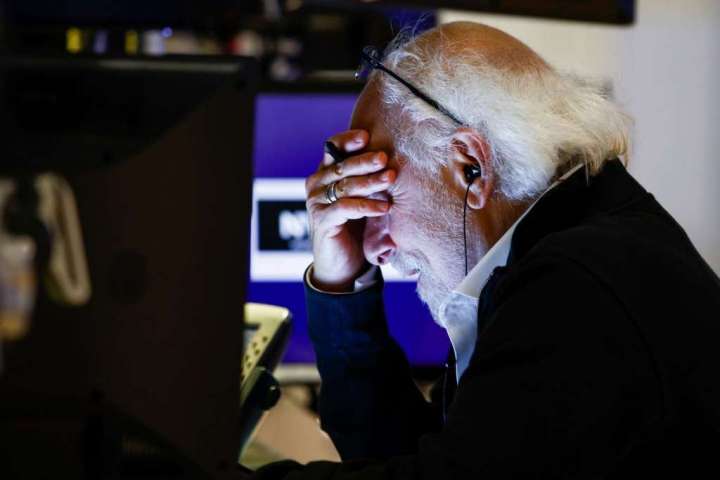The volatility that has rocked Wall Street since the outset of 2022 manifested with stunning intensity this week, and now a hearty chunk of the pandemic-era gains is gone, taking 401(k) and other investors along for the anxiety-inducing ride.
The stock market is in bear territory. What does that mean?

On Monday, the S&P 500 tumbled nearly 4 percent to cross into a bear market — meaning the index has lost 20 percent of its value since its most recent peak — signaling the end of the frenetic stock rally that followed the markets’ pandemic-fueled meltdown. And because some view it as a harbinger of recession, it can reinforce investor angst and potentially trigger even deeper losses.
Investors are up against what is probably “the most complex macro backdrop” in a century, according to Dan Ives, managing director of Wedbush Securities, as the economy reckons with the coronavirus crisis, supply chain breakdowns, a war in Ukraine, runaway inflation and rising interest rates.
While no one knows how long a bear market will last, past bears can offer some insight into what it means for the broader economy. Here’s why:






